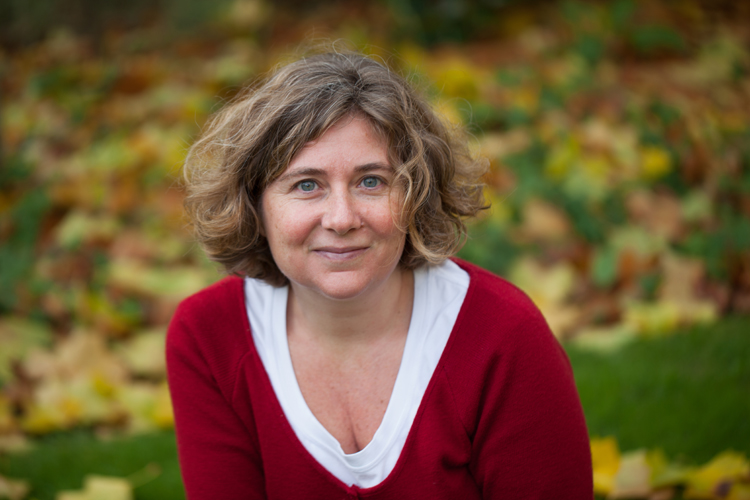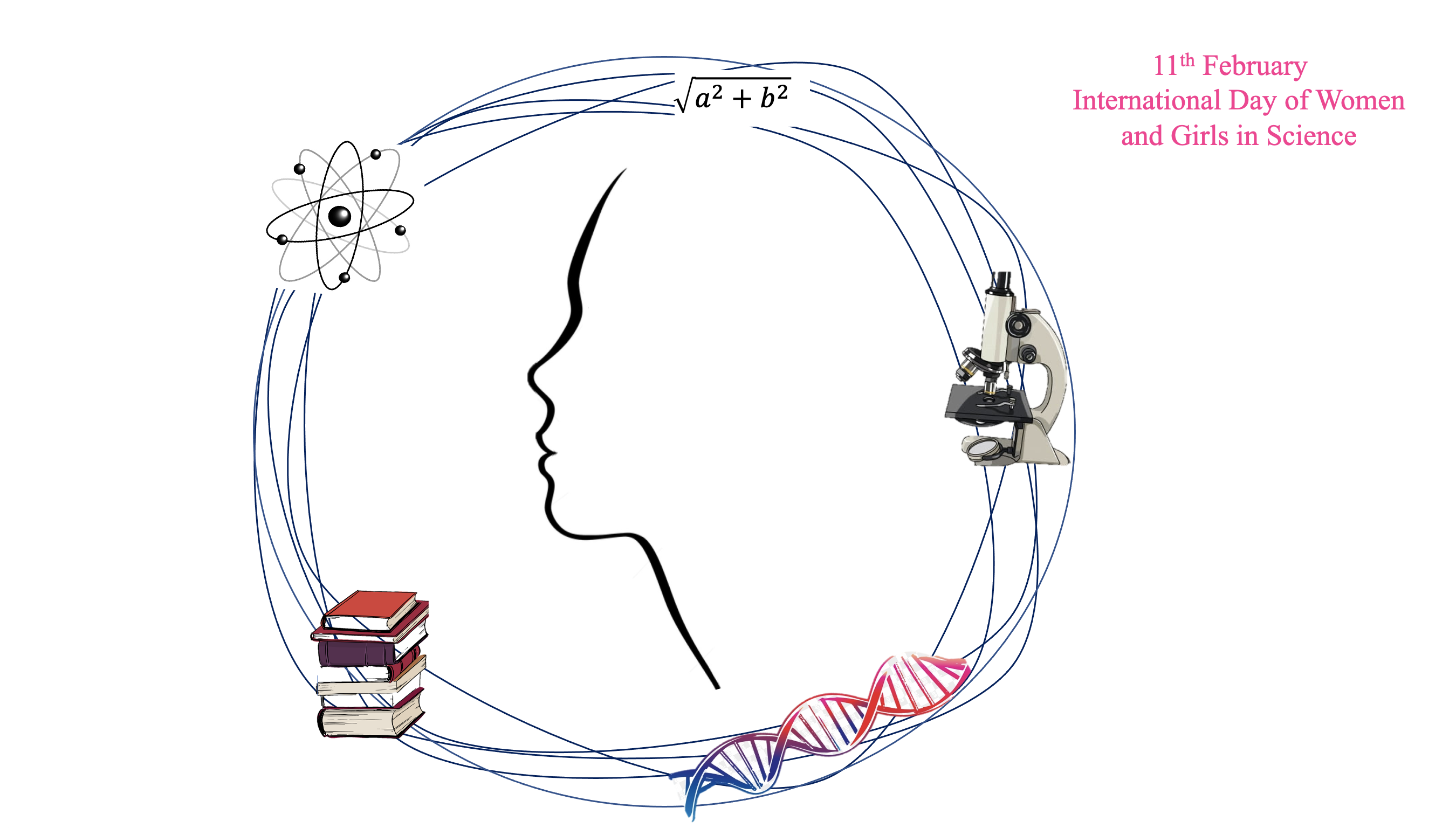You recently gave an answer to the puzzling question of how cells communicate their fitness status to each other. Can you tell us about the exciting findings on the role of proteotoxic stress in cell competition and what scientific avenues this opens?
I am quite excited at the possibility that cell competition may shape the cellular composition of tissues in ageing. My group’s work has shown that cells with disrupted proteostasis (i.e. cells that have trouble clearing up damaged proteins) behave as losers and are eliminated by wild-type cells. Now, aberrant proteostasis is a hallmark of aged tissues, and so it is possible that cell competition has evolved as a sort of anti-ageing mechanism, as a process to eliminate ageing cells from tissues, as they arise.
You’ve said in the past that cell competition isn’t a field that you initially thought yourself working in, but you rather stumbled upon it. How did you realise that cell competition was what you were seeing? And what made you study this throughout your career?
While I was a post-doc I was working hard on trying to understand how cells that receive different levels of the growth factor Wingless (a Wnt family member) coordinate their behaviour. It was quite accidental that I stumbled on observations that made me realise that cells with different Wingless signalling levels actually compete, with higher signalling cells killing lower signalling cells. This was such an exciting discovery for me, and it made me become very interested in the phenomenon of cell competition as a whole. At the time, just over 10 years ago, very little was known. It was not even known whether cell competition (which I was studying in Drosophila) is conserved in mammals. Cells killing each other…It was so fascinating and powerful as a phenomenon, yet so mysterious. I was immediately hooked and it was the natural choice for me to decide to continue working on cell competition as a PI.
Today we celebrate the critical role that women and girls play in science and technology. Despite their critical role, women in STEM are under-represented. As a woman in science yourself, can you highlight some barriers that women face and perhaps some ways of knocking down such barriers?
The difficulty in overcoming such barriers is that they are often invisible, like a glass ceiling, and therefore are difficult to spot and also difficult to denounce, because an actual proof that you have been subjected to gender inequality is difficult to have. I think there are two key ways to overcome such barriers, and there is increasing recognition that something needs to be done to improve on those. First, education: did you know that gender bias emerges in children already at pre-school age? Society and culture start promoting boys more than girls early on, and this imprinting is manifest in girls already at pre-school age. How sad! That needs to change through appropriate training and education. Second: it is important to actively promote equal gender opportunities in the work place. The more women occupy senior roles, the more this will open the door to gender-balanced assessments in job promotions etc.
Within the underrepresented group of women in science, there is a cohort of women that are the first in their families to hold a university degree.
Being a first-generation student myself, I know that there are a lot of challenges that first generation students face throughout their education journey. Can you tell us about something that you struggled with during your school or university years as a first-gen?
Neither of my parents had high-school education, and so I was the first one in my family to go to high-school and then to University. High School was fine. It was strange that while many of my class mates were discussing their homework with their parents, I could not, because my parents would not understand. But other than that, I did not have any problems. University was more complicated. I simply lacked access to key information. I did not know how to choose a University or a degree program or even how to put together a CV and write an application and my parents could not offer advice. Not having access to this information made it difficult for me to try out things I wanted to.
Lastly, how do you envision the role of women in science in the next few decades and what changes would you like to see?
It is a very exciting time to be a woman in science and I encourage all women and girls for a passion for STEM to follow it, because barriers are being broken, doors are being opened and opportunities are created as we speak. I foresee stark change in the demographics in STEM, more EDI (Equality, Diversity and Inclusion) and a more exciting, vibrant and fulfilling community for all.
Quick Q&A:
1. What makes you get out of the bed every morning?
I have a lovely little 2-year-old daughter. She literally gets me out of bed every morning : )
2. Is there any hobby you picked up during the pandemic?
Not really. I do a lot more cooking out of necessity. But because I enjoy cooking it is kind of dedicating myself to a hobby.
3. Best snorkelling experience?
Hands down the Maldives! What you see down there is simply out of this world.
4. How do you look after your mental health?
Not nearly enough! Luckily, Bristol is a beautiful city to live in and offers many outdoors spaces. Currently, you find me nearly every morning taking a walk with my husband for 30 minutes by the Clifton suspension bridge and the observatory above. I love the view and the clean fresh air I breathe in. It fills me with energy and pumps me for the day.
5. Favourite Sicilian dish?
Impossible to pick one. Cannolo, arancini, sfincione, caponata, aubergine parmigiana, ice cream… I could go on…
6. One piece of advice you want to give to young girls and women in STEM.
Life is full of challenges. What makes people succeed is the ability to rebound. My advice is to try to build resilience so as to rebound from challenges stronger than before. Also try to figure out what you really want for yourself in life. A career in science is a lot of hard work, but if you have a clear mind of what your objectives are, that knowledge, together with a healthy dose of self-confidence, will give you the drive and determination that is needed to succeed.

